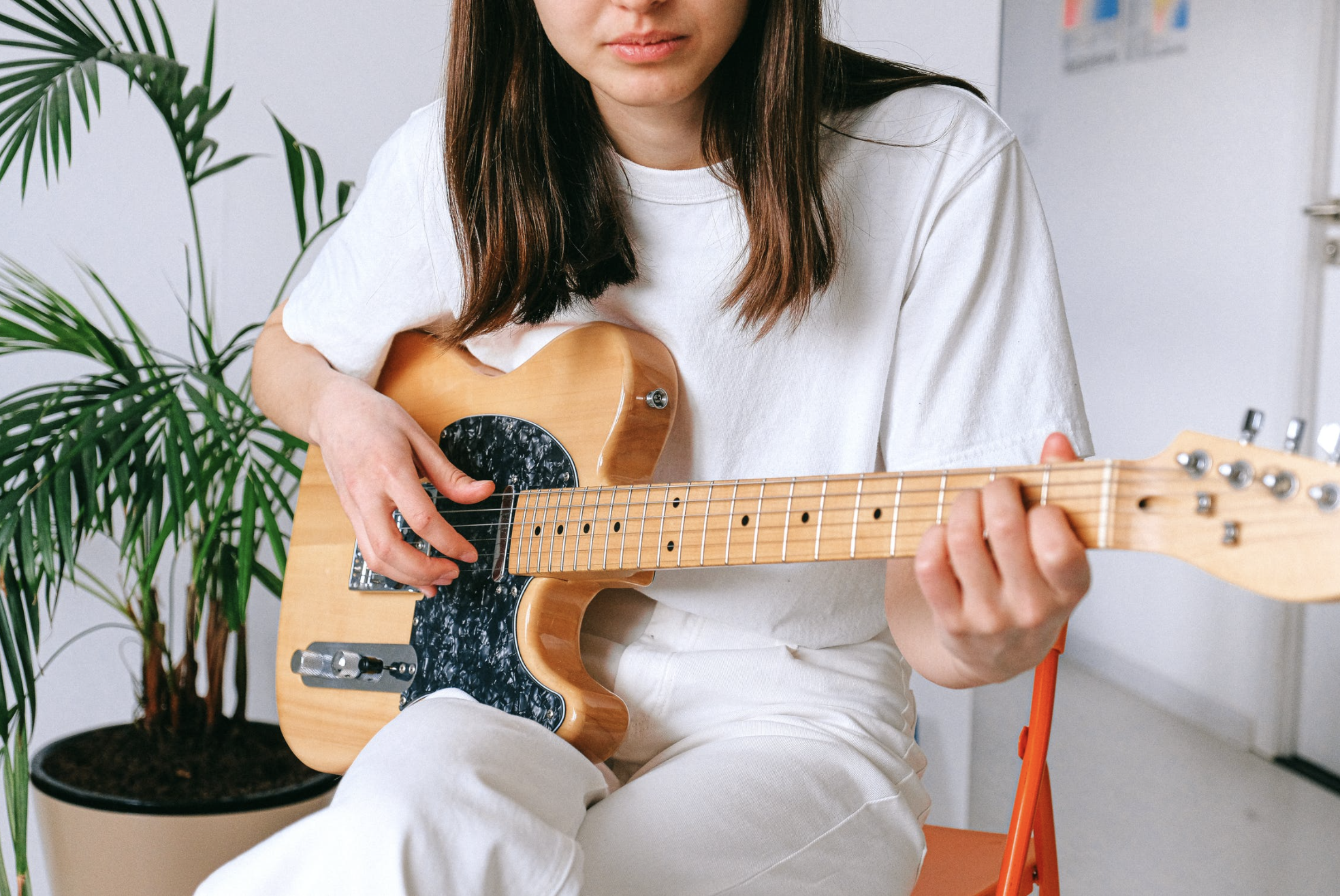
As a college student, you may not have a lot of free time. When you do get some alone time, however, it's pretty likely that you spend it all scrolling on your phone or zoning out to the TV. However, this can quickly lead to boredom and feeling unfulfilled. Learn how to restructure your free time to be happier with your daily life and get away from mindless activity.
There can be a noticeable effect on mental health if all our free time is filled with mindless and non-engaging activity. An unexpected struggle for lots of new college graduates is having too much empty time after work, with no hobbies and less friends. It's a good idea to get ahead of this issue now by teaching yourself early on how to engage in more entertaining and constructive practices.
There are different levels of activity we do in our free time. The activities we tend to default to, such as scrolling through social media, playing games on a tablet or binging tv, are also the ones we should do the least often. These activities may help us relax or unwind our mind after a long day of work, but in the long run can leave us feeling even more drained and unhappy. On the other hand, demanding activities such as reading, playing an instrument, gardening, journaling or crafting can engage our mind and actually excite us during free time. Regularly developing these hobbies gives our life meaning, and helps us feel as though we have a purpose. A good hobby is something you look forward to practicing, and in the end has a final product that you've created.
So, how can you find your next hobby? Be careful not to set too many goals at once. If you overcommit to doing five or six activities each day, you'll quickly burn out and fall back into old routines. Instead, choose one thing every couple months to build into your schedule. This could be working out, practicing guitar for half an hour or journaling two pages. Eventually, the habits you add in will build on top of each other and you'll gradually have more enjoyable (and more productive) free time.
Here is a list of habits to try out during your free time– there's sure to be a couple that you will have fun developing for years to come.
- Growing Houseplants or Gardening
- Running
- Practicing an Instrument
- Learning a Language
- Singing
- Playing a Sport
- Painting, Drawing or Sculpting
- Embroidery or Sewing
- Reading
- Journaling
- Mastering a Game (such as solitare or chess)
- Cooking or Baking
- Photography
- Hiking